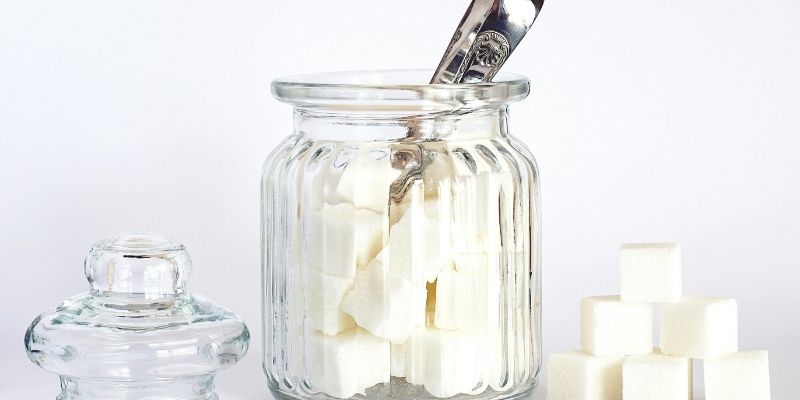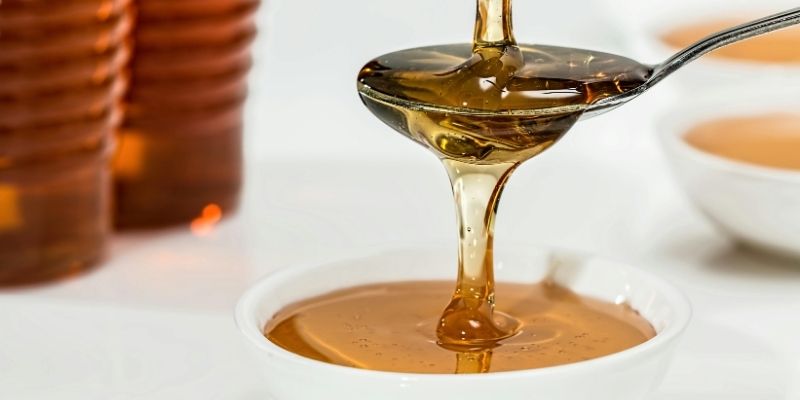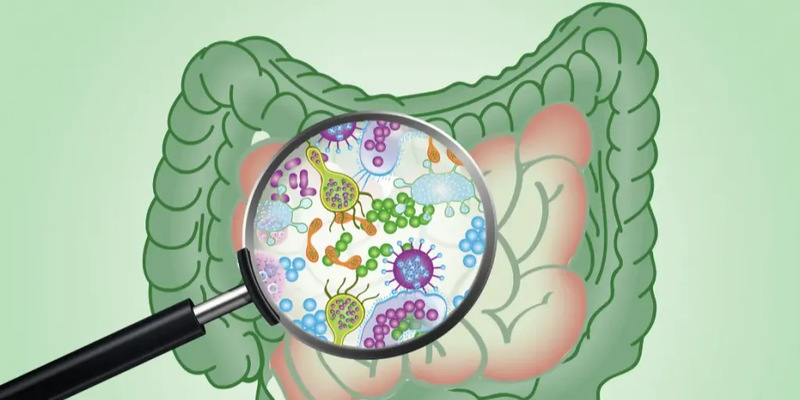Healthier Sugars: Are Some Better Than Others?
The human body receives its energy from the nutrient carbohydrate sugar. The human body encounters this substance as its natural occurrence in fruits and vegetables along with grains and dairy products. Natural sugars containing essential nutrients such as fibre, vitamins and minerals enable the body to break down them responsibly.

Processed and refined sugars found in sweets, packaged foods, and soft drinks contain no beneficial nutrients and can cause health issues. Various factors determine how our bodies respond to sugar since different types of sugar react differently when they enter our system. Learning about the best and worst types of sugar enables people to make smarter dietary decisions.
Why Excess Sugar Can Be Harmful
High doses of sugar ingestion generate severe medical issues for people. Both weight gain and insulin resistance, as well as type 2 diabetes heart disease and numerous metabolic disorders result from high sugar intake. Heavy sugar consumption results in both energy slumps and concentration problems as well as emotional instability.
High intake of refined sugar creates fast bloodstream entry through which blood glucose levels rapidly rise. The constant release of high blood sugar caused by excess consumption leads to insulin resistance which becomes a primary reason for developing diabetes alongside additional chronic diseases. Natural sugars present a favorable option for health but users must regulate their consumption.
The Sugar Composition in Honey and Maple Syrup
Many individuals consider honey and maple syrup to be healthier alternatives to white sugar. Although these natural sweeteners are less processed and contain trace amounts of vitamins and minerals, their fundamental composition is similar. Both contain sucrose, a combination of glucose and fructose, akin to regular sugar.
Glucose serves as a simple sugar that the body can readily utilize for energy. Conversely, fructose is metabolized in the liver and, when consumed in excessive amounts, may lead to fat accumulation and metabolic complications. Despite being cited as more natural options for improved health, honey and maple syrup still exert comparable effects on blood sugar levels as refined sugar.
Comparing the Sugar Content of Honey and Maple Syrup
Many assume honey is the better choice between the two, but honey has more sugar per serving than maple syrup. However, because honey is denser, people tend to use smaller amounts, which can make a difference in overall sugar consumption.
Maple syrup, while slightly lower in sugar, still contains sucrose and can contribute to blood sugar spikes. The key takeaway is that both should be used in moderation. Choosing healthier sugars like honey or maple syrup over processed white sugar can be a better option, but excessive consumption can still lead to negative health effects.
Do Honey and Maple Syrup Have Health Benefits?
In contrast to refined sugar, honey and maple syrup offer modest quantities of antioxidants, vitamins, and minerals. For example, honey possesses antibacterial properties and has been traditionally used in wound healing practices. Meanwhile, maple syrup is rich in minerals such as zinc and manganese, which are essential for immune function and metabolic processes.
Nonetheless, the advantages of these alternatives are relatively minor when compared to the potential adverse effects of excessive sugar intake. Although they may provide slightly healthier options than white sugar, it is crucial to consume them in moderation as part of a well-balanced diet.
Understanding the Glycemic Index of Different Sugars
The glycemic index (GI) is a metric that evaluates the rate at which a food item elevates blood glucose levels. A higher GI indicates a more rapid influx of sugar into the bloodstream, resulting in elevated blood sugar spikes.
White sugar possesses a high glycemic index, implying it induces a swift increase in blood glucose. Conversely, honey and maple syrup have a moderately lower glycemic index, which suggests they may exert a less pronounced effect on blood sugar levels. Nonetheless, the variance is not substantial enough to categorize them as unequivocally healthy. Consumption of natural sugars for enhanced health should still be approached with mindfulness.
The Role of Caloric Density in Sugar Consumption
Caloric density refers to the number of calories in a given weight of food. Refined sugar is highly caloric because it is pure sucrose, whereas honey and maple syrup contain small amounts of water, making them slightly less calorically dense.
Despite this, the difference in caloric content does not make honey or maple syrup significantly healthier. Since these are often used as sweeteners in foods, their caloric contribution is usually small. The real concern is how they affect blood sugar and overall health, rather than their calorie content alone.

Can We Eat Unlimited Natural Sugars?
Some people believe that as long as sugar comes from a natural source, it can be consumed in unlimited amounts. This is not true. The body similarly processes all sugars, regardless of their source.
For example, while fruits contain natural sugars, they also come with fibre, which slows down sugar absorption. This helps prevent blood sugar spikes. In contrast, fruit juices remove most of the fibre, making them similar to sugary drinks in terms of their effect on blood sugar.
When choosing natural sugars for better health, it is best to consume whole foods like fruits rather than processed forms like syrups or juices. Eating a balanced diet that limits added sugars can help maintain stable blood sugar levels and prevent health issues.
Final Thoughts: Making Smarter Sugar Choices
Sugar is a part of our diet, but the type and amount we consume matter. While honey and maple syrup may offer slight advantages over refined sugar, they should not be seen as a free pass to consume unlimited sweetness. Healthier sugars exist, but moderation is key to maintaining overall well-being.
To reduce sugar intake, focus on eliminating sugary drinks, processed foods, and excessive sweeteners. Instead, opt for whole fruits, vegetables, and naturally occurring sugars in their most unprocessed forms. Making mindful choices can help promote long-term health and prevent the risks associated with excessive sugar consumption.









